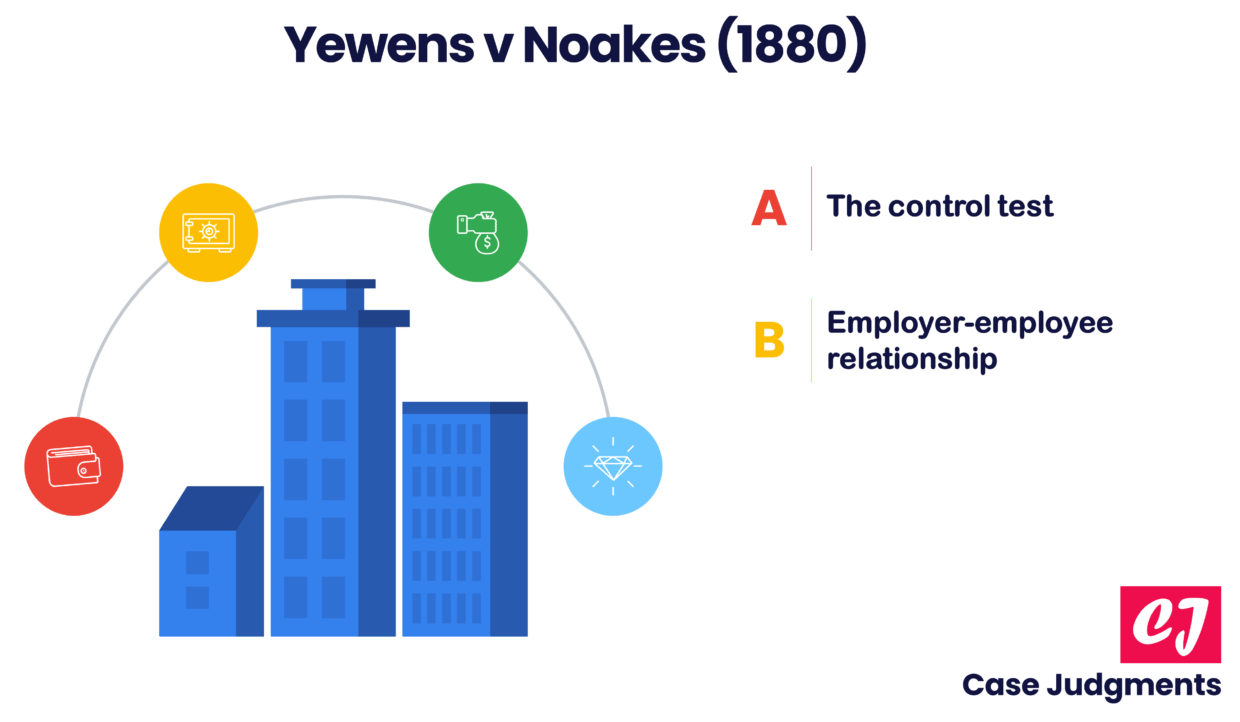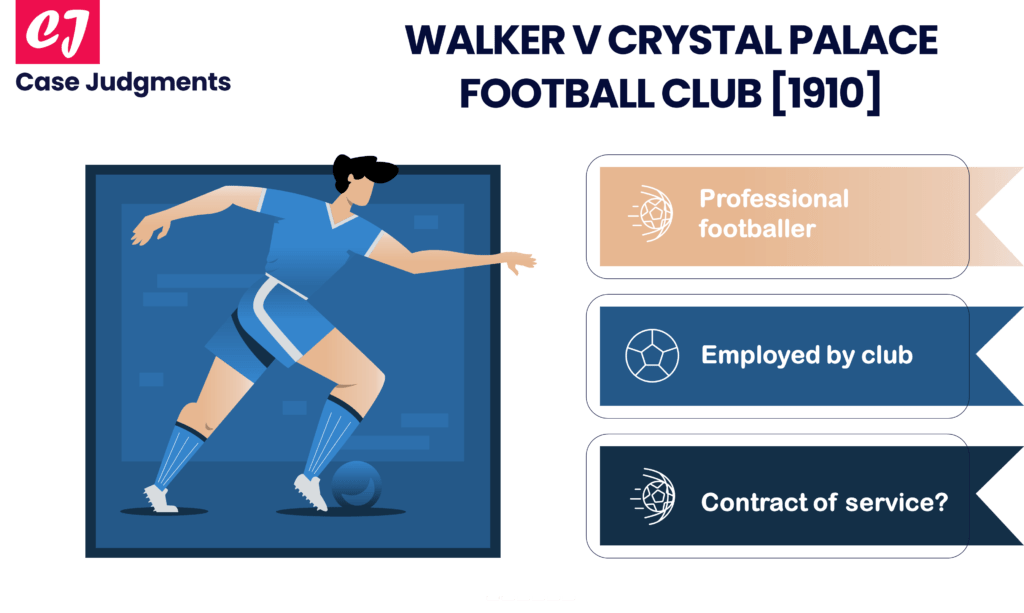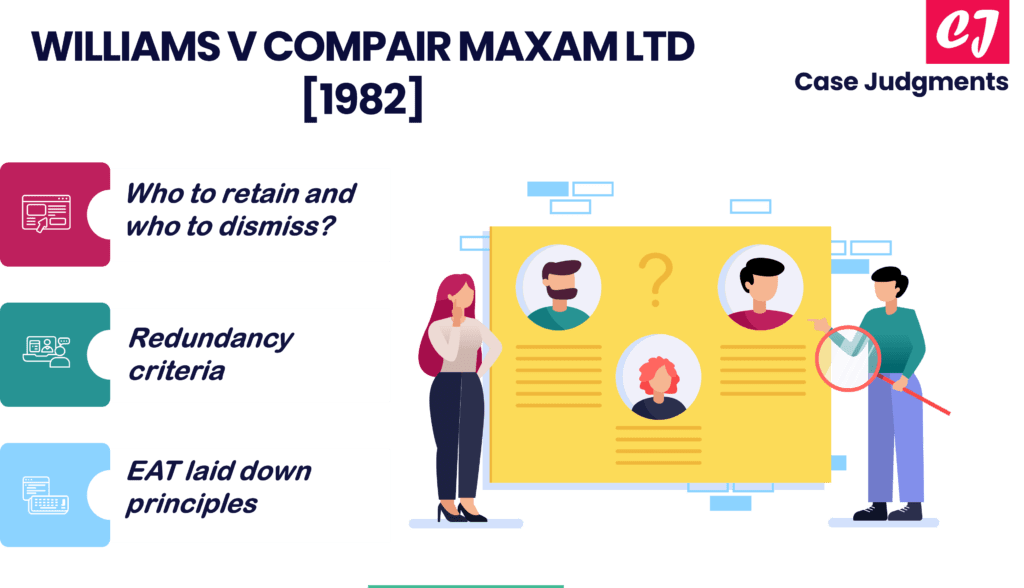
Yewens v Noakes (1880) and The Control Test
Case name & citation: Yewens v Noakes (1880) 6 QBD 530
Court and jurisdiction: The Court of Appeal, England and Wales
The learned judge: Bramwell LJ
Area of law: Employment status under labour law
Case Overview (Yewens v Noakes)
Over the years, a number of criteria have been established by the courts for determining the nature of the employment relationship. The first test was the control test, which was initially established in the case of Yewens v Noakes (1880).
The following are the details of this historic case:
The case concerned a building owner and a person who occupied the premises. He was a clerk and was paid an annual salary of 150 pounds. The question arose as to whether or not the man should be considered an employee of the building owner in order for the premises to qualify for an exemption from the statutory tax duties. In this regard, Bramwell LJ stated that: “a servant is a person who is subject to the command of his master as to the manner in which he shall do his work”. The Court of Appeal held that the man in question was not a servant or an employee of the building owner because the owner had no control or influence over the man’s work and the manner in which he carried it out. Hence, there was no master-servant relationship.
The ‘control’ test
The control test which stems from this case was used by the courts in the 19th century. It focussed on the nature and degree of control exercisable by an employer over his employee. As per it, the courts determine whether the master controlled or had the right to control not only what the worker did but also the manner in which he did it.
That is to say, in the past, a contract of employment was presumed to be in place when an employer was in a position to direct an employee not only on what to do but also on how to do it and when to do it. On the other hand, self-employment was presumed to be the case when the employer exercised a lesser degree of control. But as the rate of technological change accelerated, it became obviously unrealistic to believe that the employer will have the expertise to control many of his employees who were becoming increasingly high-skilled. A pilot for an airline, for instance, cannot be claimed to be ‘controlled’ by the airline in any real sense while performing his or her duties.
As a result, the control test no longer serves as the single criterion. Although it is still significant and very important, it is no longer considered the only conclusive test. Many other tests have been developed by the courts too. Overall, a number of factors must be taken into consideration when addressing questions of employment status.
List of references:
- https://core.ac.uk/download/pdf/158138054.pdf
- https://www.judiciary.uk/wp-content/uploads/2020/07/Ms-J-Varnish-v-British-Cycling-Federation-ta-British-Cycling-UKEAT-0022-20-LA.pdf
- https://www.lawteacher.net/cases/yewen-v-noakes.php
- https://www.lawteacher.net/free-law-essays/employment-law/tests-identifying-a-contract-of-employment-employment-law-essay.php
You might also like:
More from labour law:

